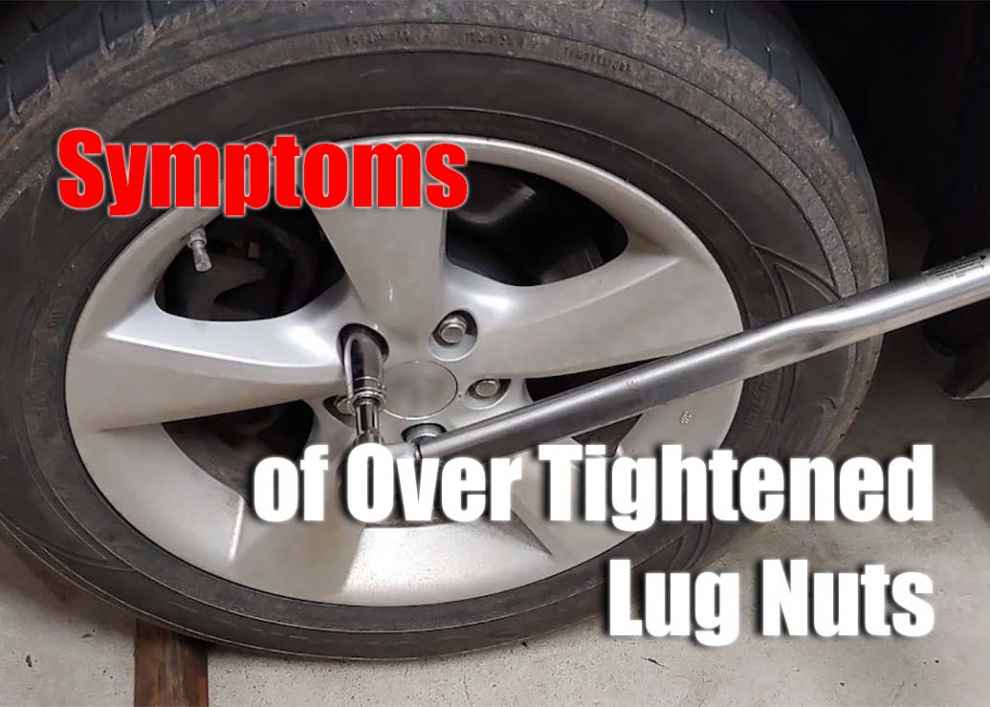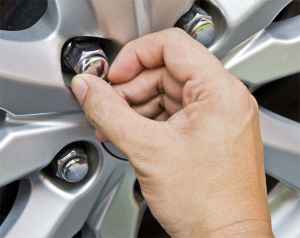The lug nuts used to secure your car’s wheels are essential for maintaining proper performance and safety. Over tightening these lug nuts can result in severe damage to the wheel, tire, suspension and other components of the vehicle. That is why it is important to understand the symptoms of over tightened lug nuts so that you can avoid costly repairs and ensure your vehicle is running safely.
Signs of Over-Tightening
There are several indicators that may indicate your lug nuts are over tightened. These include:
-
Vibration/Noise: If you notice a vibration or noise coming from the wheels when driving, this could be a sign that the lug nuts have been over tightened and need to be loosened up slightly.
-
Tire Damage: Over-tightened lugs can cause excessive pressure on the tire which can lead to uneven wear patterns or even blowouts if left unchecked for too long.
-
Wheel Damage: The excessive pressure put on the wheel by an over-tightened nut will eventually lead to cracking, warping or even complete failure of the wheel itself if not addressed quickly enough.
Avoiding Over-Tightening Issues
To avoid the issues associated with over-tightening your lug nuts, it is important to use proper torque wrenches and follow recommended torque settings for the make and model of your vehicle. Here are some tips to help ensure your lug nuts are properly secured:
-
Use Proper Torque Wrenches: Be sure to use the correct size and type of torque wrench when tightening your lug nuts. This will help you apply the right amount of force in order to secure them without overdoing it.
-
Make Sure Wheels Are Seated Properly: Before tightening your lug nuts, make sure that all four wheels are properly seated on the hub so that they won’t be shifted when you start applying force.
-
Follow Recommended Torque Settings: It is important to stick with the manufacturer’s recommended torque settings for each wheel in order to ensure proper security without risking damage from over-tightening or under-tightening. Also read about Drilling Out Lug Nuts.
Conclusion
Over-tightened lug nuts can cause serious damage to your vehicle and may even lead to an accident if left unchecked. That is why it is important to know the symptoms of over-tightened lug nuts and take steps to ensure they are properly tightened without being too tight. By using the proper tools, following manufacturer’s recommendations, and making sure wheels are properly seated, you can avoid costly repairs and maximize the safety of your vehicle.

 Vibration/Noise: If you notice a vibration or noise coming from the wheels when driving, this could be a sign that the lug nuts have been over tightened and need to be loosened up slightly.
Vibration/Noise: If you notice a vibration or noise coming from the wheels when driving, this could be a sign that the lug nuts have been over tightened and need to be loosened up slightly.
Add Comment